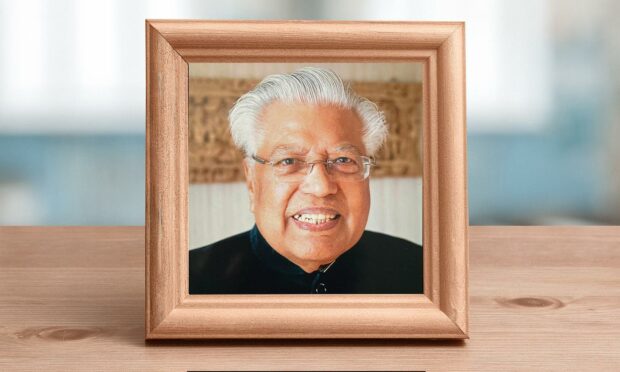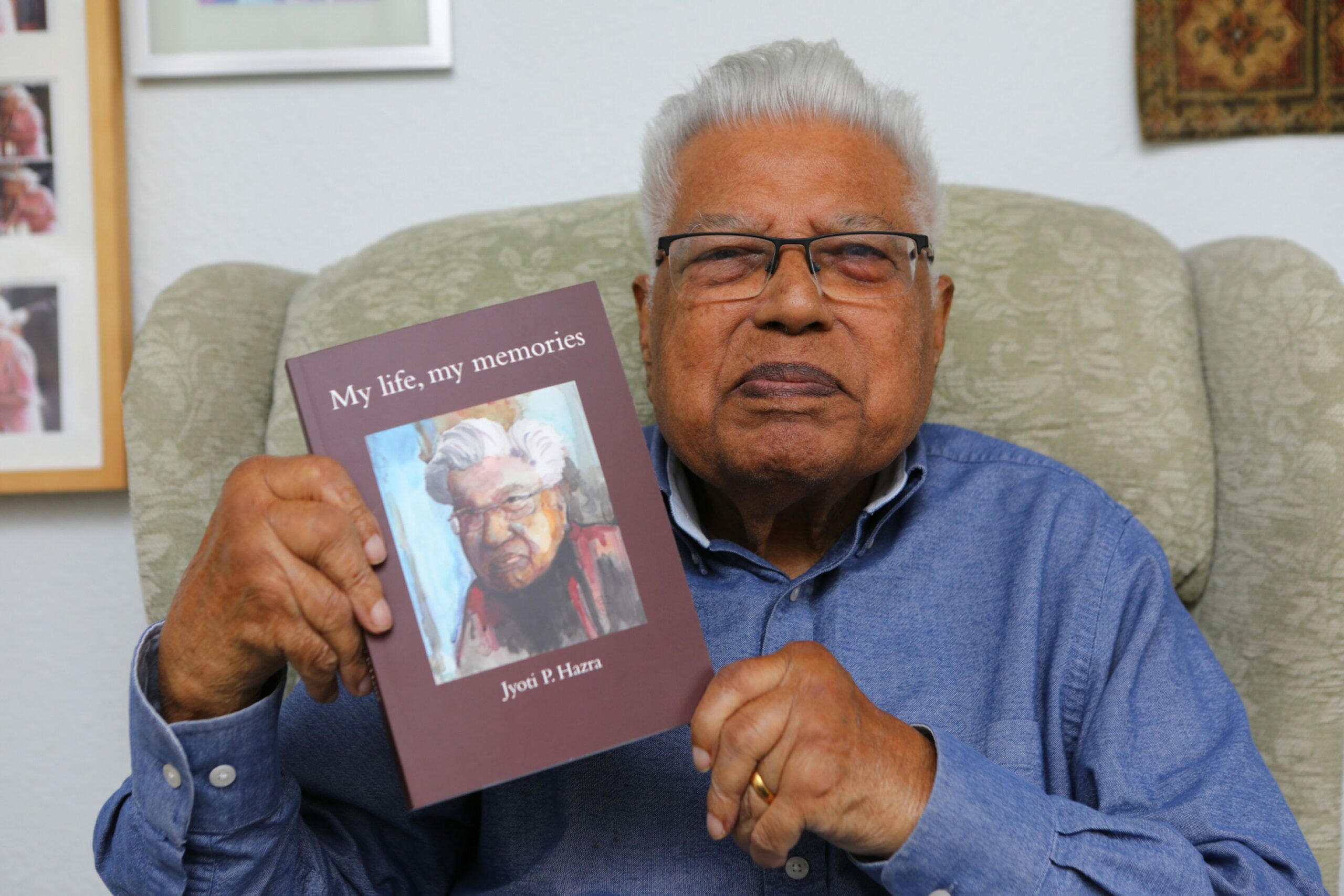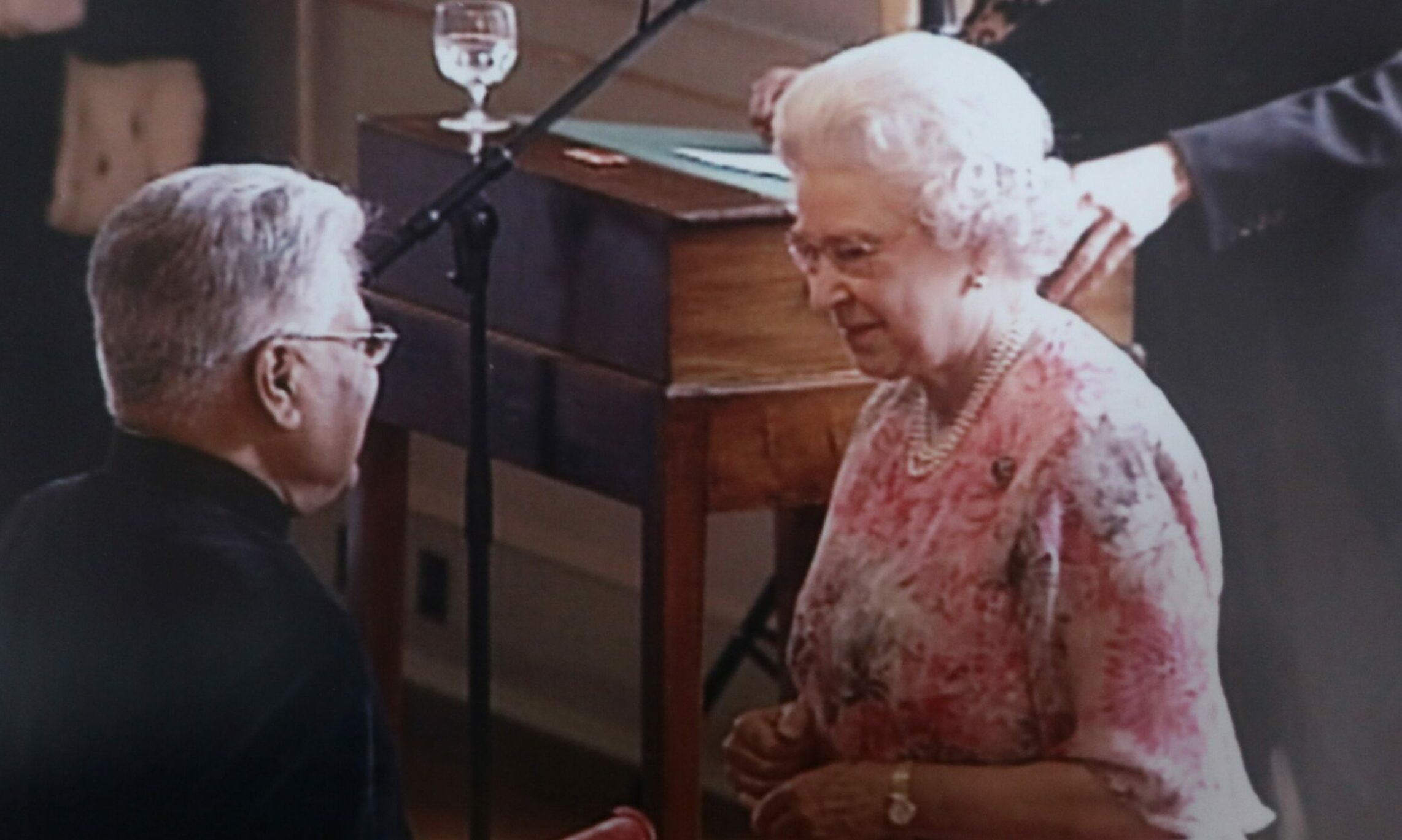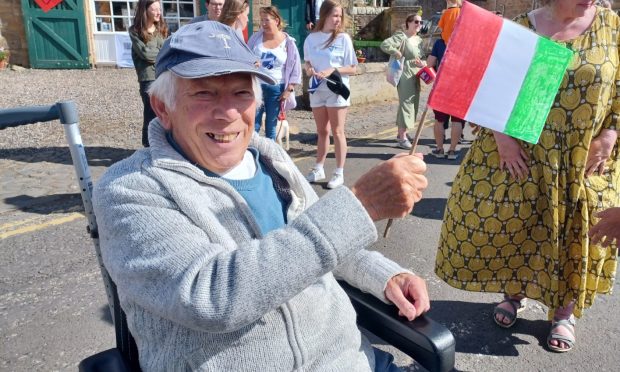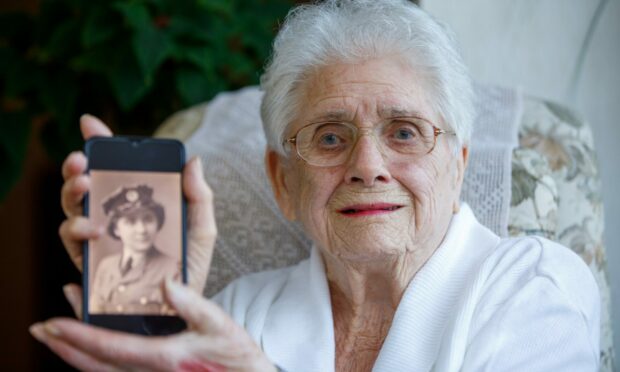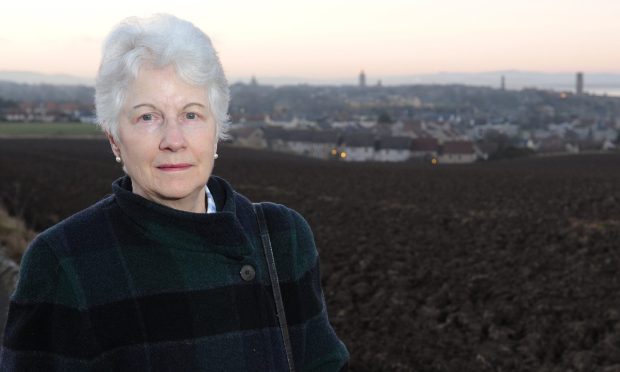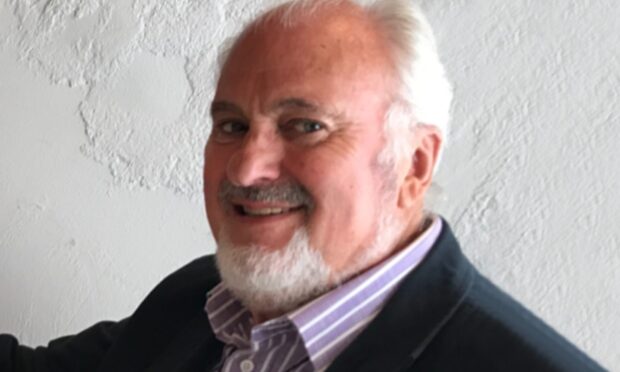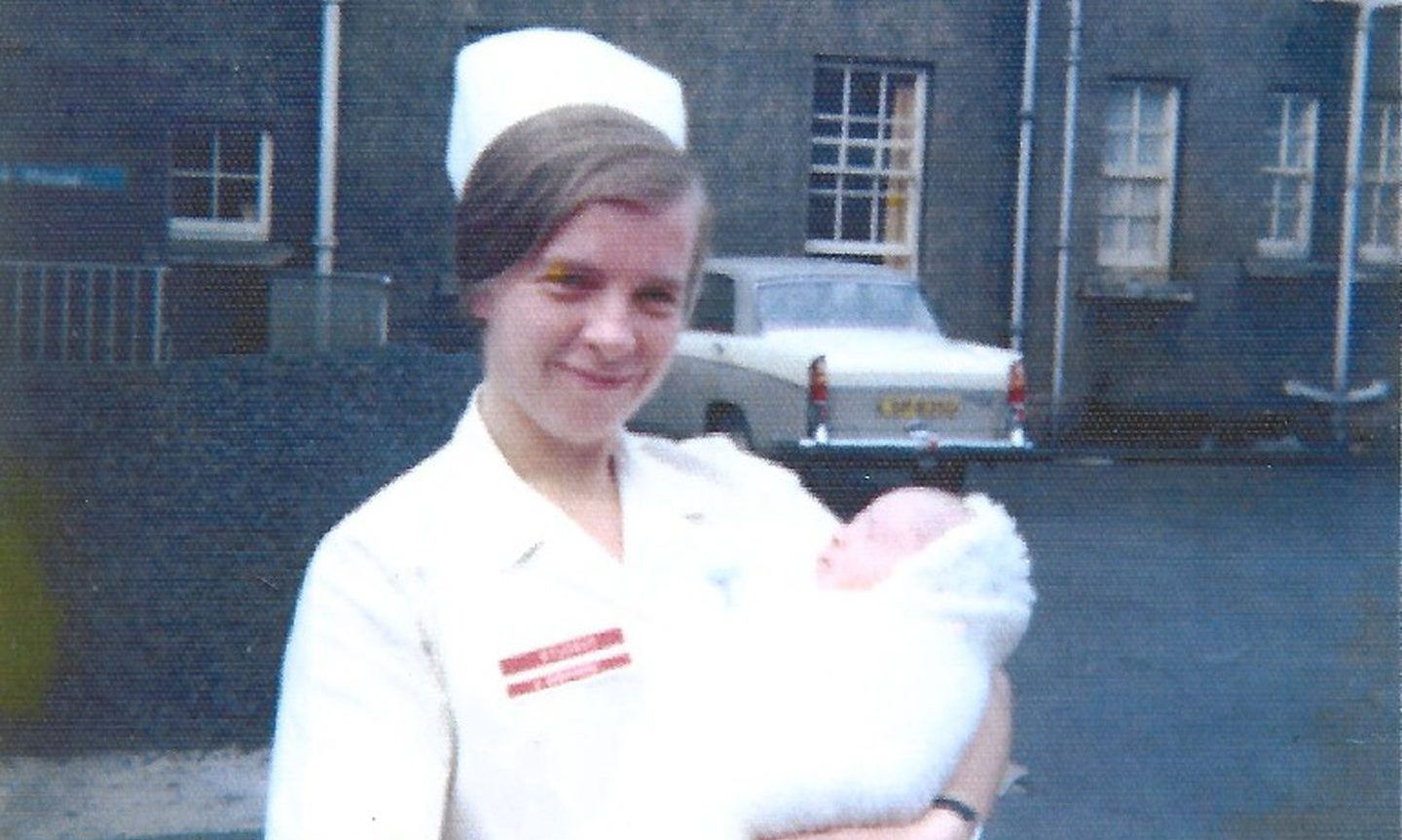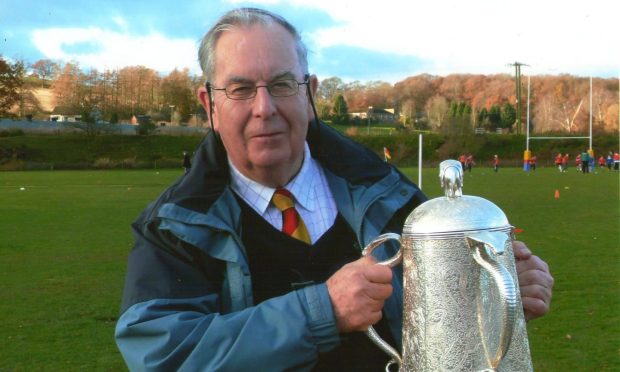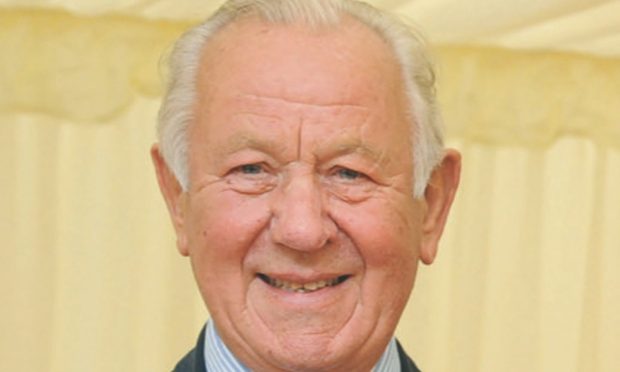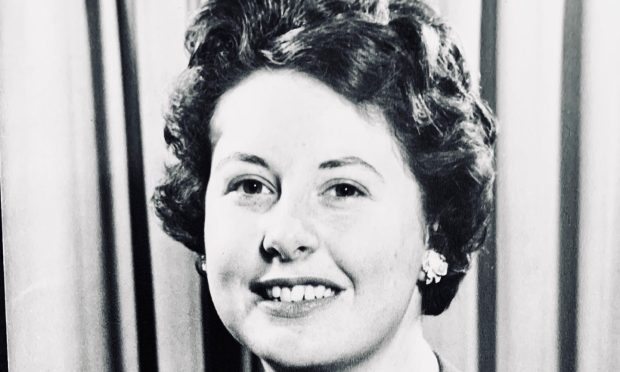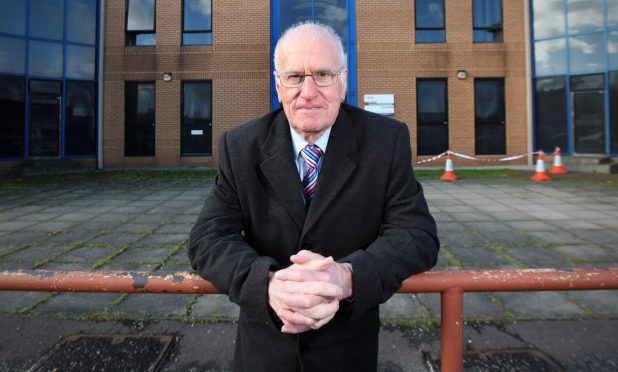Jyoti Hazra, a tireless campaigner for racial tolerance and understanding in Dundee and across Scotland, has died aged 91.
He was a long-standing member of the former Dundee District Council’s equal opportunities committee and a past chairman of Tayside Community Relations Council.
During his tenure, he persuaded the then Scottish Office to conduct a survey into the needs of ethnic minorities in Scotland.
Influence
Jyoti, who had been a maths lecturer in Dundee, was a member of the General Teaching Council Scotland, and had served on the consultative committee for the education curriculum in Scotland.
In the latter role he called for examination of all faiths to be included in Higher religious studies.
He will be remembered in Dundee in particular as one of the founding members of Bharatiya Ashram, a centre for the elderly of all ethnic backgrounds.
Beginnings
Jyoti Hazra was born in Kolkata, India, where his father was a prominent doctor.
He attended school, then college, in India before enrolling at Glasgow University to study mining and engineering.
Jyoti graduated in 1952 and met his future wife, Helen, a secretary at the BBC and an accomplished pianist. Their first encounter was at a church dance in Glasgow.
They welcomed their first child, Anil in 1958 and in 1960, the family moved to Assam, India, and Jyoti began work as a coal mine supervisor.
The couple’s daughter, Sunanda, was born during this period.
In 1966, the family returned to Scotland and set up home in Edinburgh and Jyoti began work in an opencast coal mine near Glenrothes.
He was friends with a lot of teachers who persuaded him to go to Moray House, Edinburgh, to gain teaching qualifications.
Career change
Jyoti took their advice, gained his qualifications and secured a job lecturing in mathematics at Dundee College of Commerce, which he held between 1987 and 1997.
It was during this period that Jyoti played his most active part in race and community relations.
His daughter, Sunanda Docherty said: “He was involved with so many committees, and as most of the members were predominantly of white ethnicity, he would light-heartedly tell us that he was the ethnic minority.
“However, he did take all of this seriously because he was seeking and delivering change, helping people to see and understand that we are no different and that the world was changing.
Forward-looking
“He was a visionary, he could see what was happening around him, he wasn’t constrained by past events, he was too interested in a positive future for all of us.”
As well as his statutory roles with local and national government bodies, Jyoti chaired the Bengali Association in Dundee and was a founder member of the Asian Cultural Association.
He founded and became chairman of Dundee Translation and Interpretation Service. He achieved his aim of creating employment for ethnic minorities when the service was taken over by the local authority.
Broadcasting
On Radio Tay’s Campus radio, he produced 11 one-hour programmes called Our Plural Society to promote closer understanding between the various communities in Tayside.
Sunanda said: “He produced and published many papers at this time, one included a report on the Chinese community in Tayside, probably one of the very few papers on the community.
“He even turned down an invitation to meet with Nelson Mandela, as it was his granddaughter’s first birthday party on the same day.”
In 2003, Jyoti and his family travelled to Holyrood Palace in Edinburgh where he received an MBE from the Queen for his services to race relations.
Shortly after this he received the prestigious award of Videsh Samman from the Consul General of India, for services to India-UK relations.
Jyoti, who was predeceased by Helen in 2016, had been a member of the Labour Party since 1980 and frequently entertained senior politicians at his home.
In 2013 he published his autobiography, My Life, my memories, in which he detailed his journey from India to Scotland and his life of public service.
